The gym is a place where we all strive to achieve our fitness goals, but sometimes we unknowingly sabotage our progress with common mistakes. Whether you're a seasoned gym-goer or a beginner, it's essential to recognize and rectify these errors to maximize the effectiveness of your workouts. In this blog, we'll discuss the five biggest mistakes people make in the gym and offer practical solutions to ensure you stay on track toward a healthier and fitter lifestyle.
SKIPPING WARM-UP & COOL-DOWN
One of the most prevalent mistakes individuals often make when hitting the gym is neglecting the importance of both warm-up and cool-down exercises. These two crucial components of a workout routine can significantly impact your overall fitness progress and reduce the likelihood of injury.

Incorporating a proper warm-up and cool-down routine into your gym sessions is a fundamental practice for any fitness enthusiast. By dedicating a small portion of time to these crucial phases, you'll not only enhance your workout performance but also safeguard yourself against unnecessary injuries and promote better overall muscle recovery.
POOR FORM & TECHNIQUE
One of the most prevalent errors gym-goers make is disregarding the importance of maintaining proper form and technique while exercising. It's easy to become fixated on lifting heavier weights or attempting advanced exercises, but doing so without a focus on form can lead to a range of issues, including reduced workout efficacy and an increased risk of injury. To avoid falling into the trap of poor form, prioritize technique over sheer weight or complexity.

Solution: To ensure proper form and technique:
- Practice Mindfulness: Concentrate on your body's movements and sensations during each exercise. Avoid rushing through reps.
- Engage Core Muscles: Maintain a stable core during exercises to provide better support for your spine and improve overall stability.
- Use Controlled Movements: Focus on controlled and deliberate movements rather than using momentum to lift weights.
- Regularly Check Form: Periodically check your form, especially as you progress to heavier weights or more challenging exercises.
- Listen to Your Body: If you feel pain or discomfort during an exercise, stop and assess your form. It's better to adjust and prevent injury.
Prioritizing proper form might require a bit more attention and patience, but the long-term benefits in terms of safety, effectiveness, and progress in your fitness journey are well worth the effort.
OVERTRAINING
A surprising yet all too common mistake gym enthusiasts make is spending an excessive amount of time at the gym, believing it will accelerate their fitness progress. However, overtraining can lead to a series of negative consequences that hinder your journey towards better health and strength. Understanding the importance of balance between exercise intensity and recovery is key to avoiding the pitfalls of overtraining.

THE ROLE OF RECOVERY
Recovery is an integral part of any successful fitness regimen. It's during periods of rest that your body repairs damaged tissues, replenishes energy stores, and strengthens muscles. Here's how to integrate proper recovery into your routine and also how to avoid overtraining and aiming for a balanced approach.

In the pursuit of fitness goals, remember that quality always surpasses quantity. Striking the right balance between challenging workouts and adequate rest will yield better results, reduce the risk of injury, and ensure that your fitness journey remains enjoyable and sustainable.
NEGLECTING NUTRITION & THE ROLE OF PROPER NUTRITION
One of the most fundamental yet often underestimated aspects of achieving fitness goals is proper nutrition. The food you consume plays a pivotal role in supporting your workouts, promoting muscle growth, and fueling your body for optimal performance. Neglecting this crucial component can severely hinder your progress and make reaching your fitness aspirations an uphill battle.

EFFECTIVE NUTRITION STRATEGIES:
- Balanced Diet: Prioritize a diet rich in whole, nutrient-dense foods. Include lean proteins (chicken, fish, tofu), healthy fats (avocado, nuts, olive oil), complex carbohydrates (whole grains, fruits, vegetables), and fiber.
- Portion Control: Pay attention to portion sizes to avoid overeating. Eating more calories than you burn can lead to unwanted weight gain.
- Meal Timing: Fuel your body with balanced meals and snacks before and after workouts to support energy levels and recovery.
- Nutrient Timing: Consuming protein and carbohydrates post-workout aids in muscle recovery and replenishes glycogen stores.
- Hydration: Drink plenty of water throughout the day, especially before, during, and after exercise.
- Consult a Professional: If you're unsure about your nutritional needs, consider consulting a registered dietitian or nutritionist to develop a personalized plan.
To optimize your fitness journey, recognize the intertwined relationship between exercise and nutrition. Just as a car relies on proper fuel, your body thrives with balanced nutrition. Prioritizing a wholesome diet empowers peak performance and efficient recovery, propelling you toward your fitness objectives.
For added support, consider Ultimate Nutrition's supplements. These targeted allies can bridge nutritional gaps, enhance muscle growth, or boost endurance. Balancing exercise, nutrition, and supplementation cultivates a sustainable approach to lifelong fitness. This holistic strategy ensures you not only achieve short-term goals but also maintain a vibrant, well-rounded lifestyle.
LACK OF GOAL SETTING
Imagine embarking on a journey without a destination in mind; the path becomes aimless, and the enthusiasm wanes as uncertainty creeps in. Similarly, in the realm of fitness, neglecting to set clear and well-defined goals can lead to a lack of direction, motivation, and a sense of accomplishment. The absence of purposeful objectives can undermine the effectiveness and sustainability of your gym routine.
Setting SMART goals—specific, measurable, achievable, relevant, and time-bound—can transform your fitness journey into a purposeful and rewarding endeavor.
Solution:
- Define Your Goals: Reflect on what you want to achieve—whether it's weight loss, muscle gain, improved endurance, or a specific event. Make sure your goals are specific and aligned with your values.
- Create a Plan: Outline the steps required to achieve your goals. Break long-term goals into smaller, manageable milestones. This not only makes the journey less overwhelming but also provides a sense of achievement along the way.
- Regular Evaluation: Regularly reassess your goals and progress. Adjust your goals if circumstances change or if you've achieved them sooner than expected.
- Seek Professional Guidance: If you're unsure about goal-setting or need guidance on creating a fitness plan, consider consulting a personal trainer or fitness expert.
Just as a ship needs a course to sail, your fitness journey requires well-defined goals to navigate. Setting SMART goals and committing to a purposeful plan can reinvigorate your enthusiasm, enhance your progress, and provide a roadmap to success. Remember, the journey is just as important as the destination, and with a clear direction, each step you take becomes a purposeful stride toward your ultimate fitness achievements.
YOUR TAKE HOME MESSAGE
By identifying and correcting these five prevalent errors, you can optimize your gym experience and attain improved outcomes. Keep in mind that fitness is a voyage, and a blend of unwavering commitment and a strategic mindset will steer you towards your aspirations over time. Always heed your body's cues, make safety a priority, and don't hesitate to seek expert guidance as necessary. Wishing you fruitful and satisfying gym sessions ahead!
The information provided in our articles are meant for informational and educational purposes exclusively and should not be considered as medical advice. It is essential to consult a healthcare professional before starting a new nutritional product and/or making significant changes to your diet and/or starting a new exercise regime. These products are not intended to diagnose, treat, cure, and/or prevent disease.

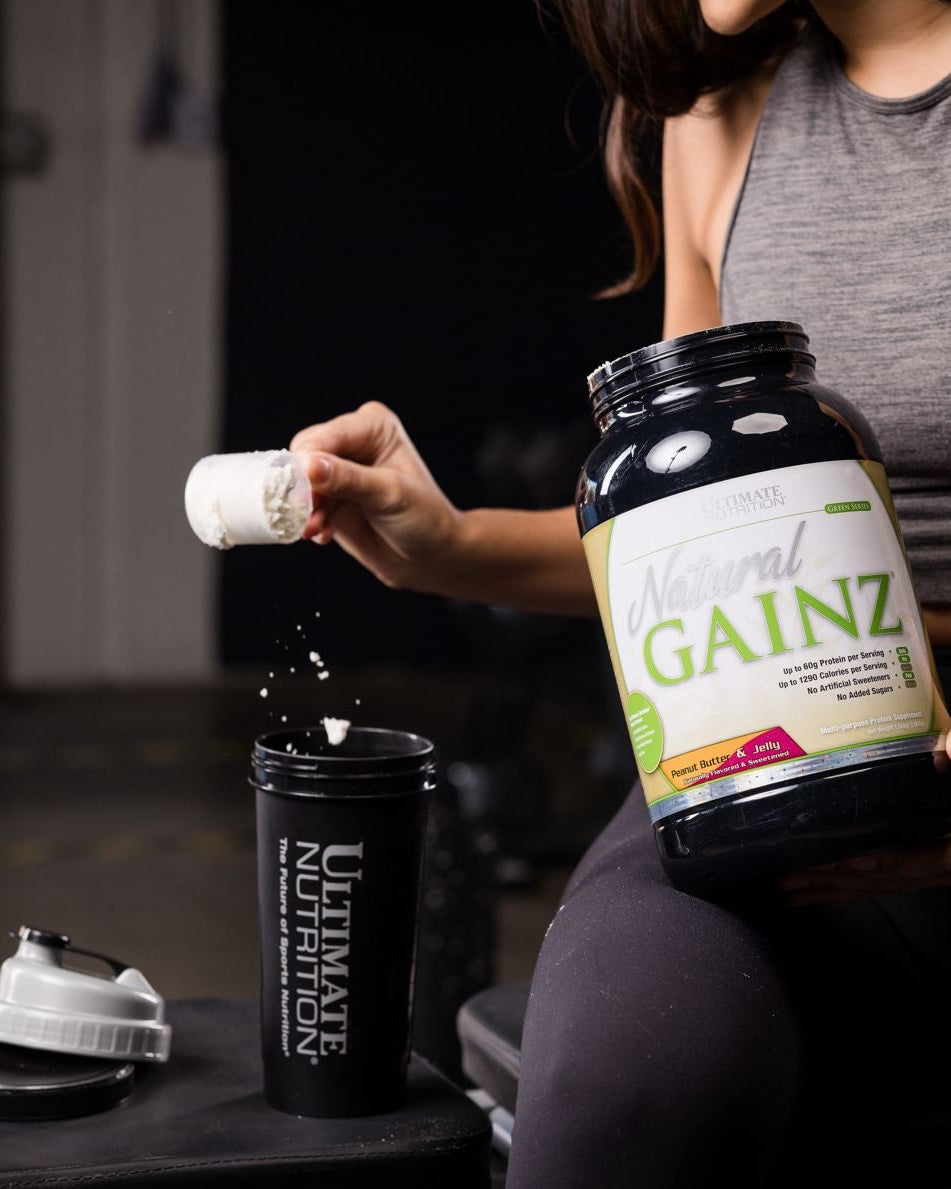

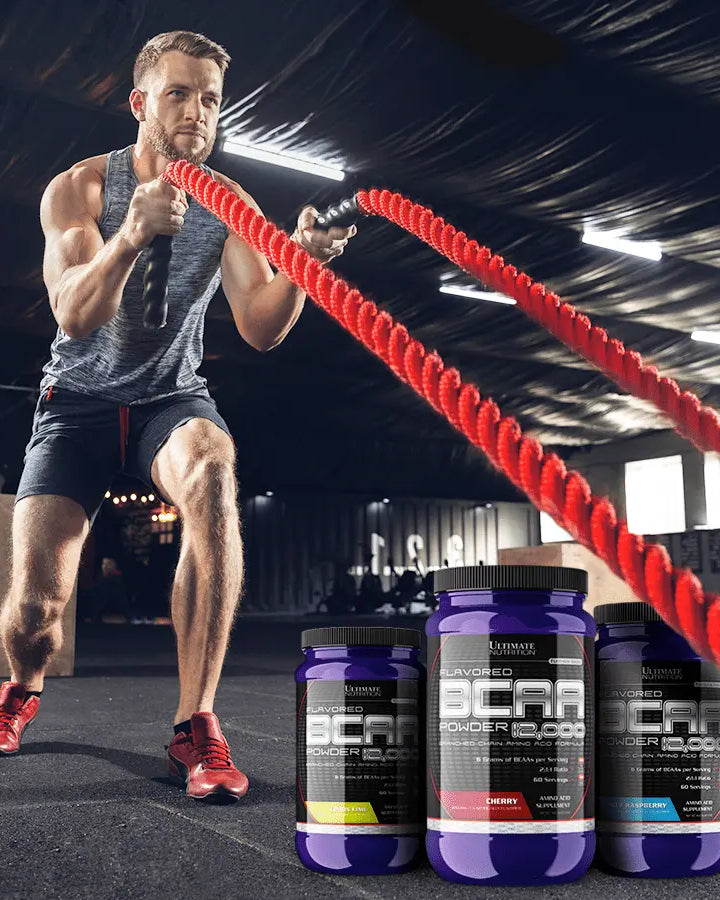

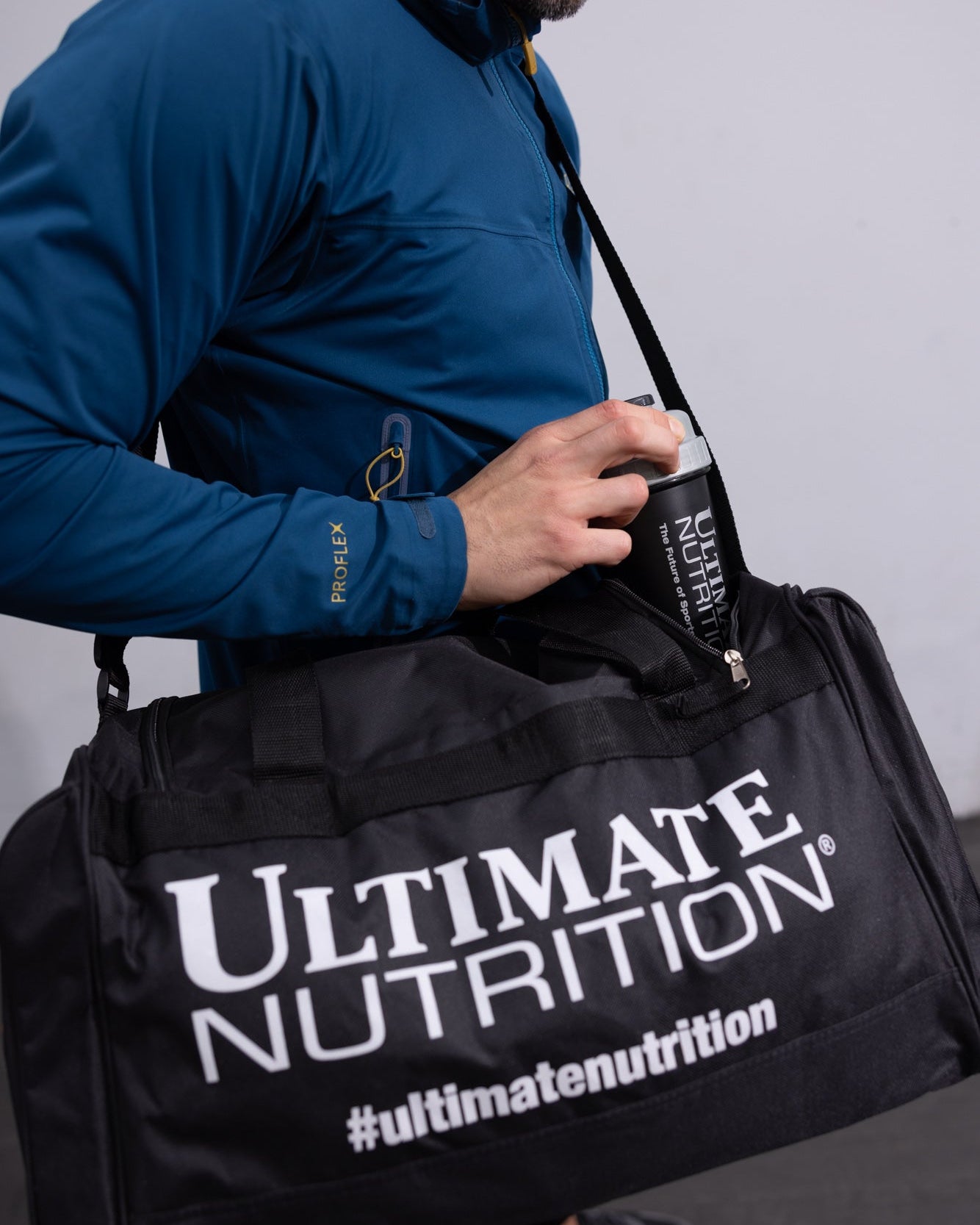
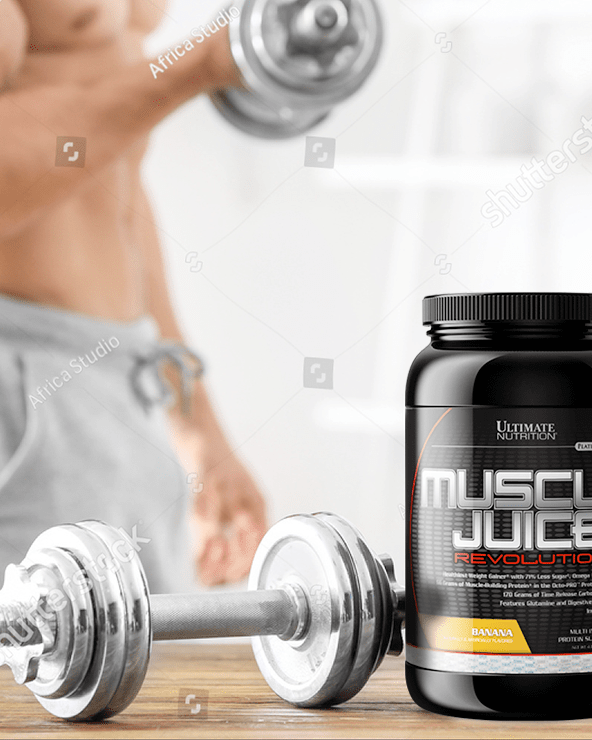
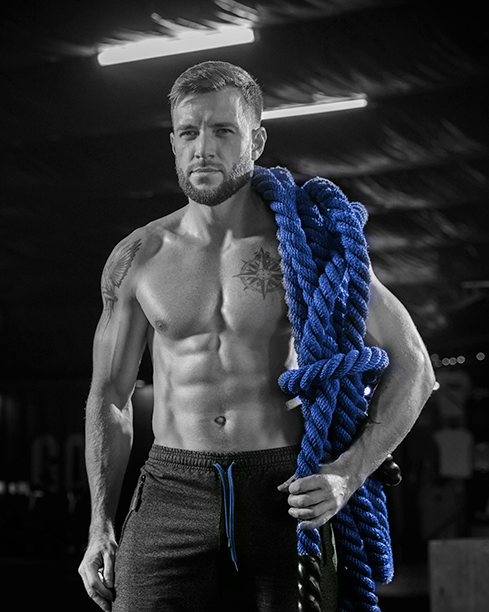
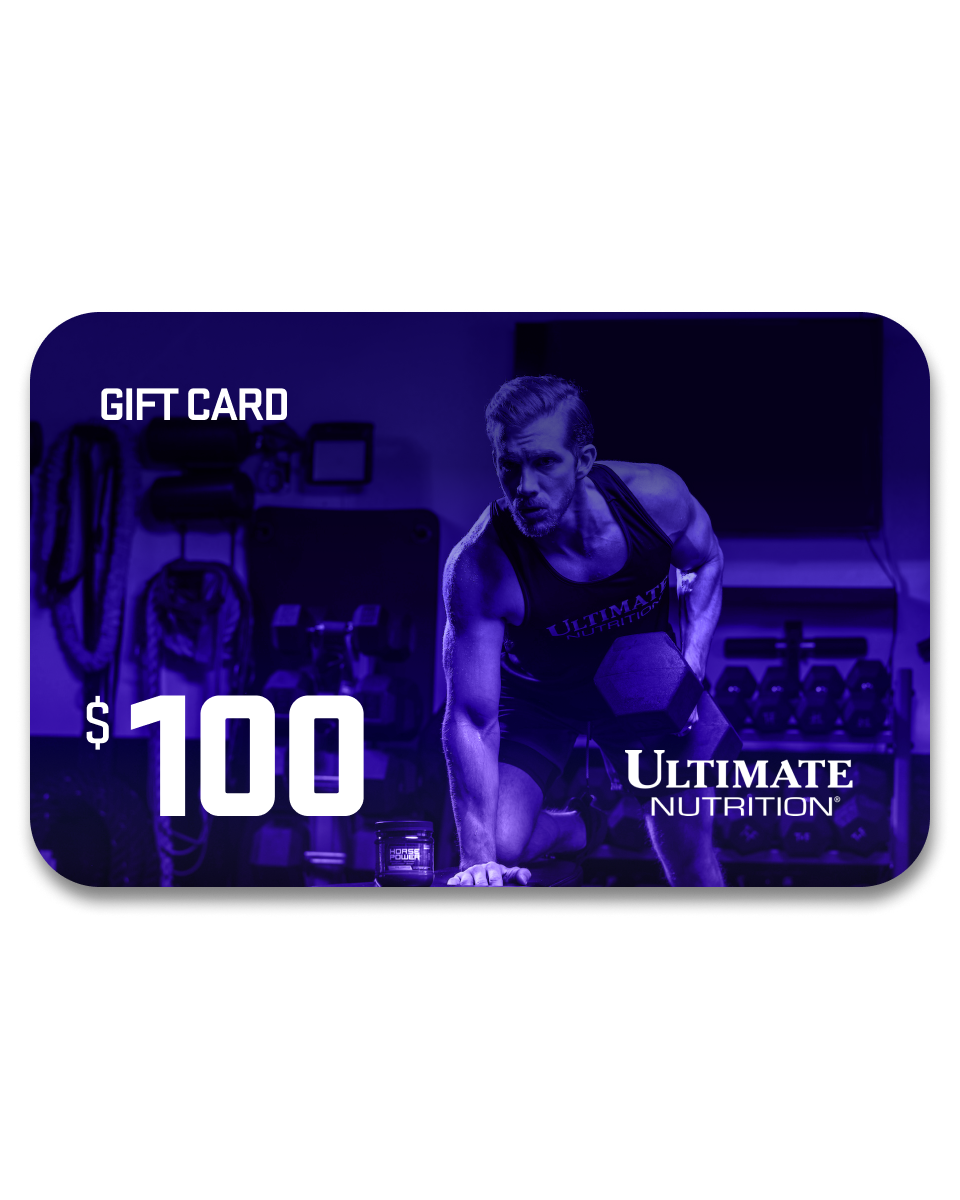
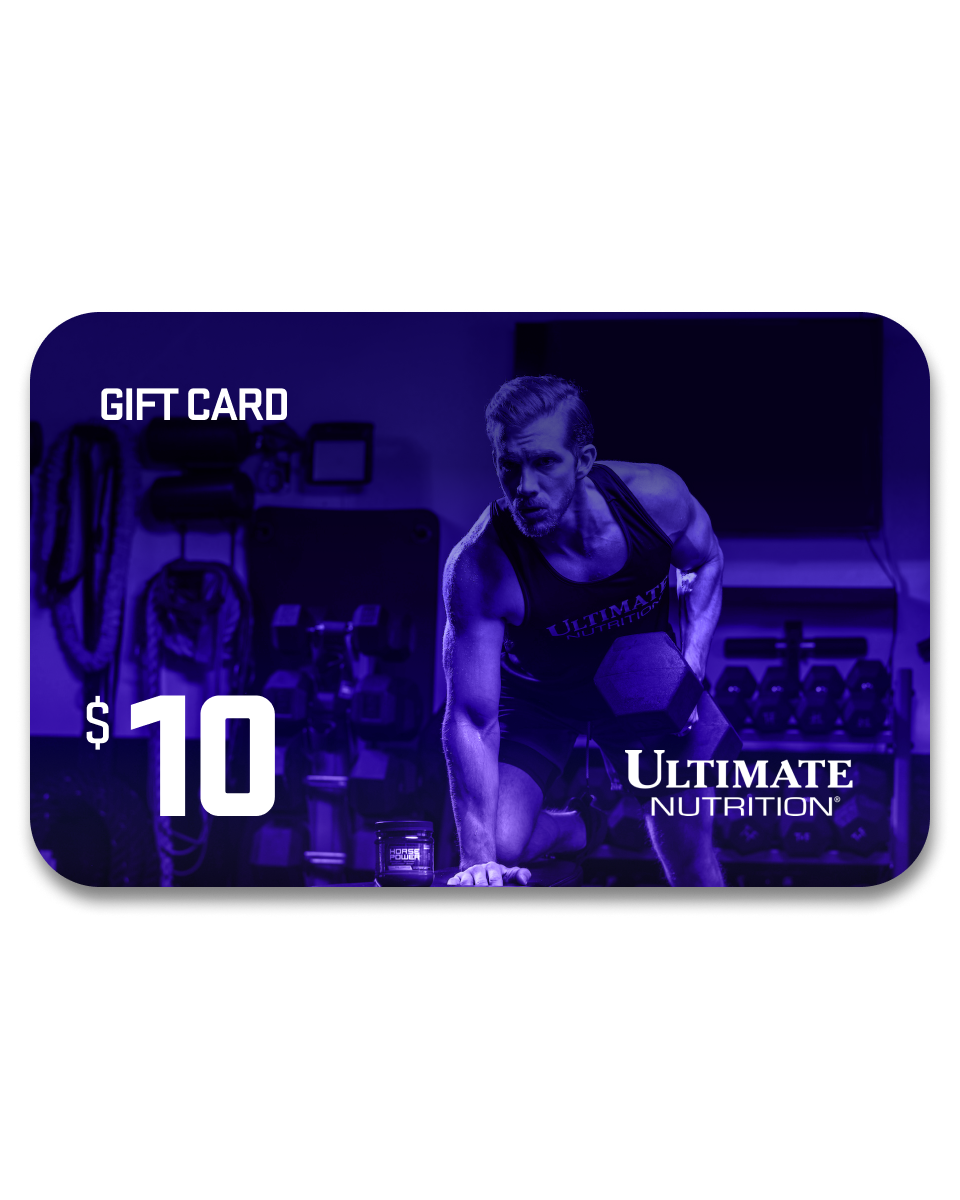
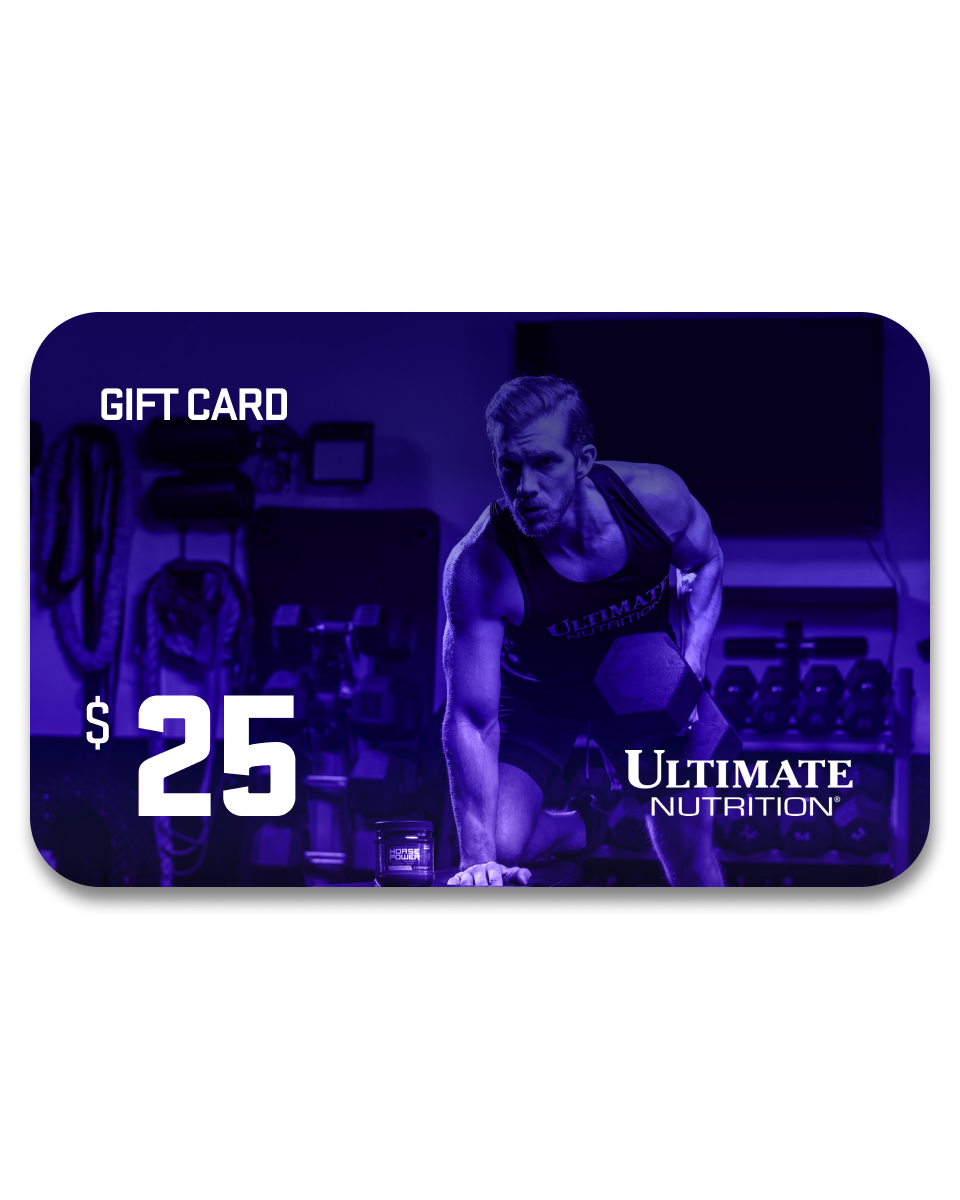
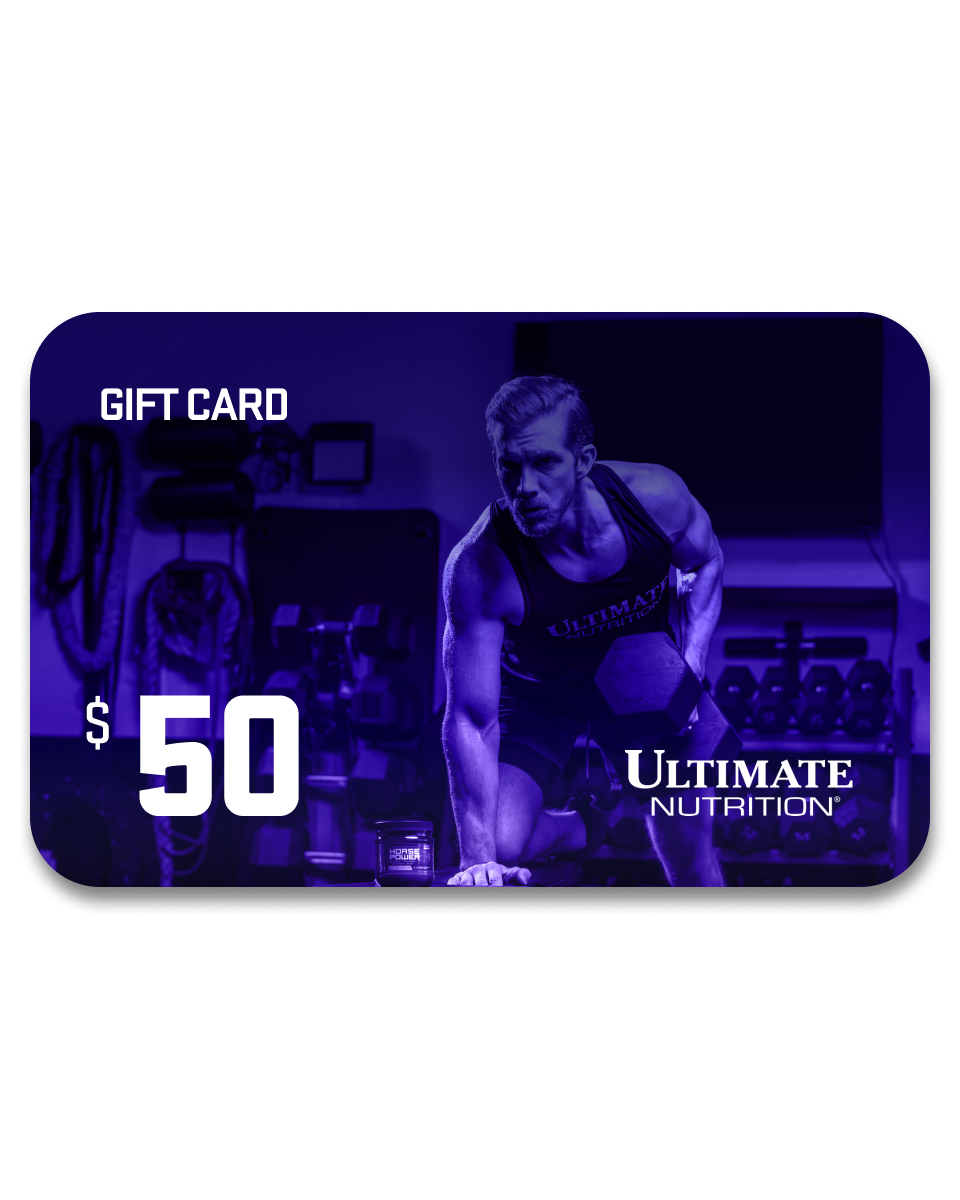
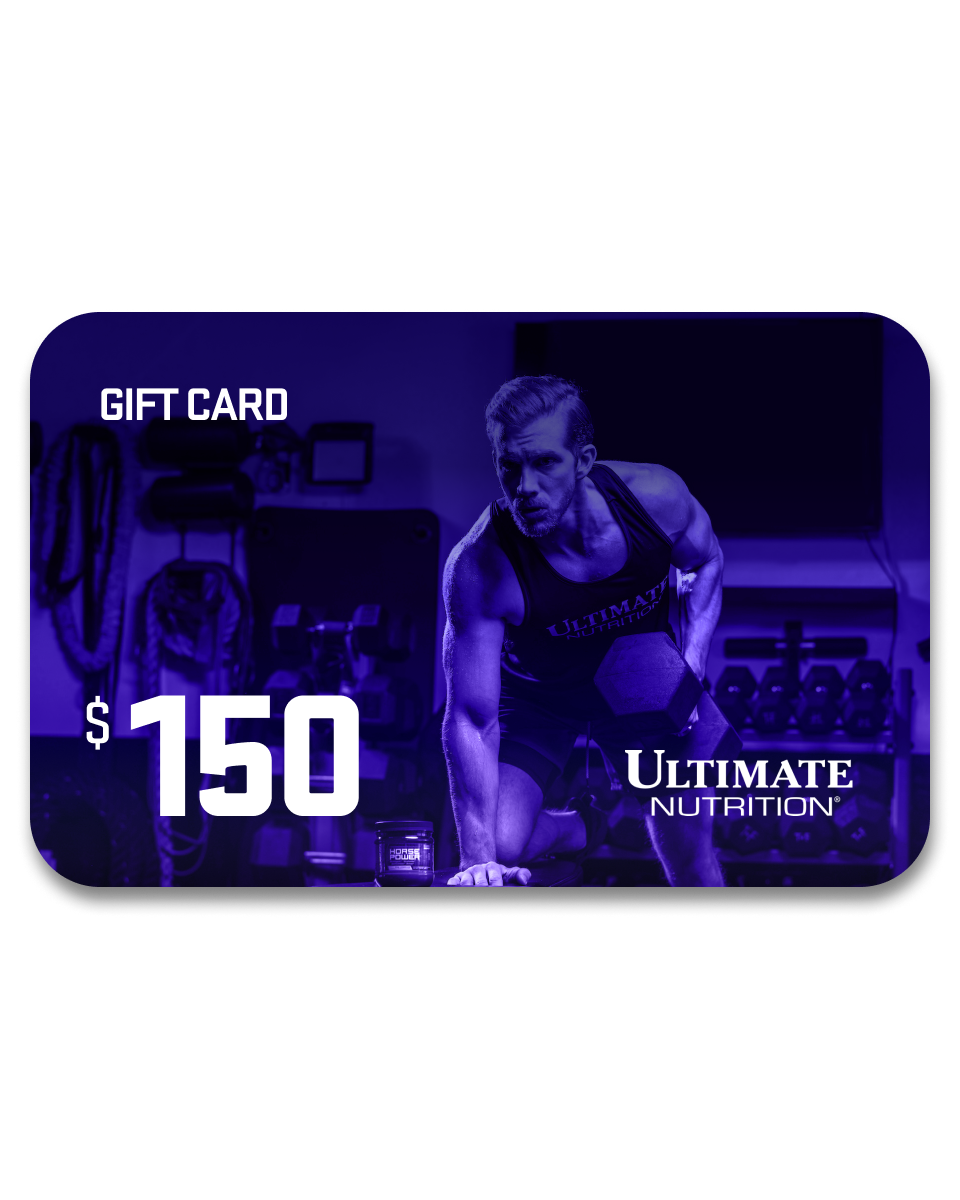
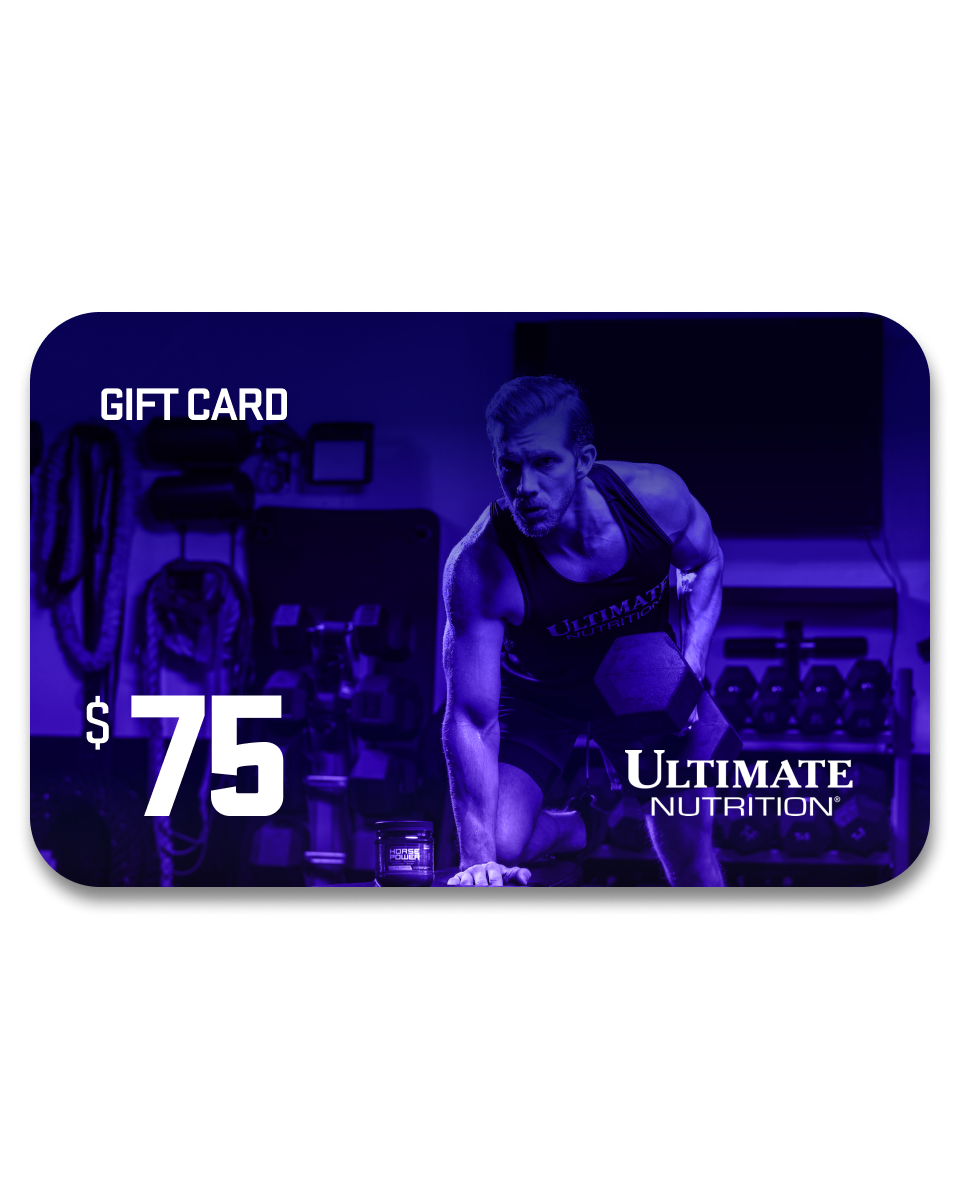
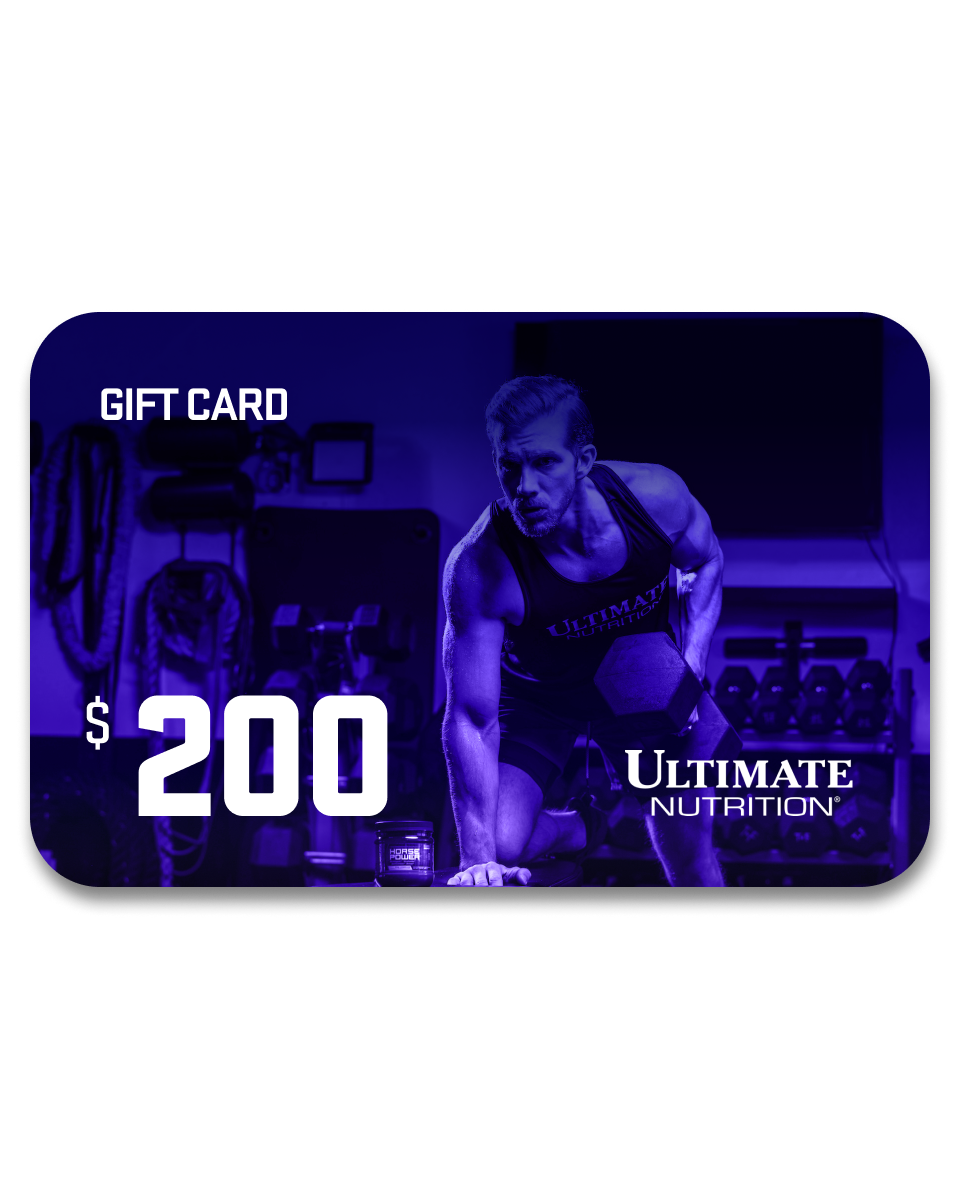
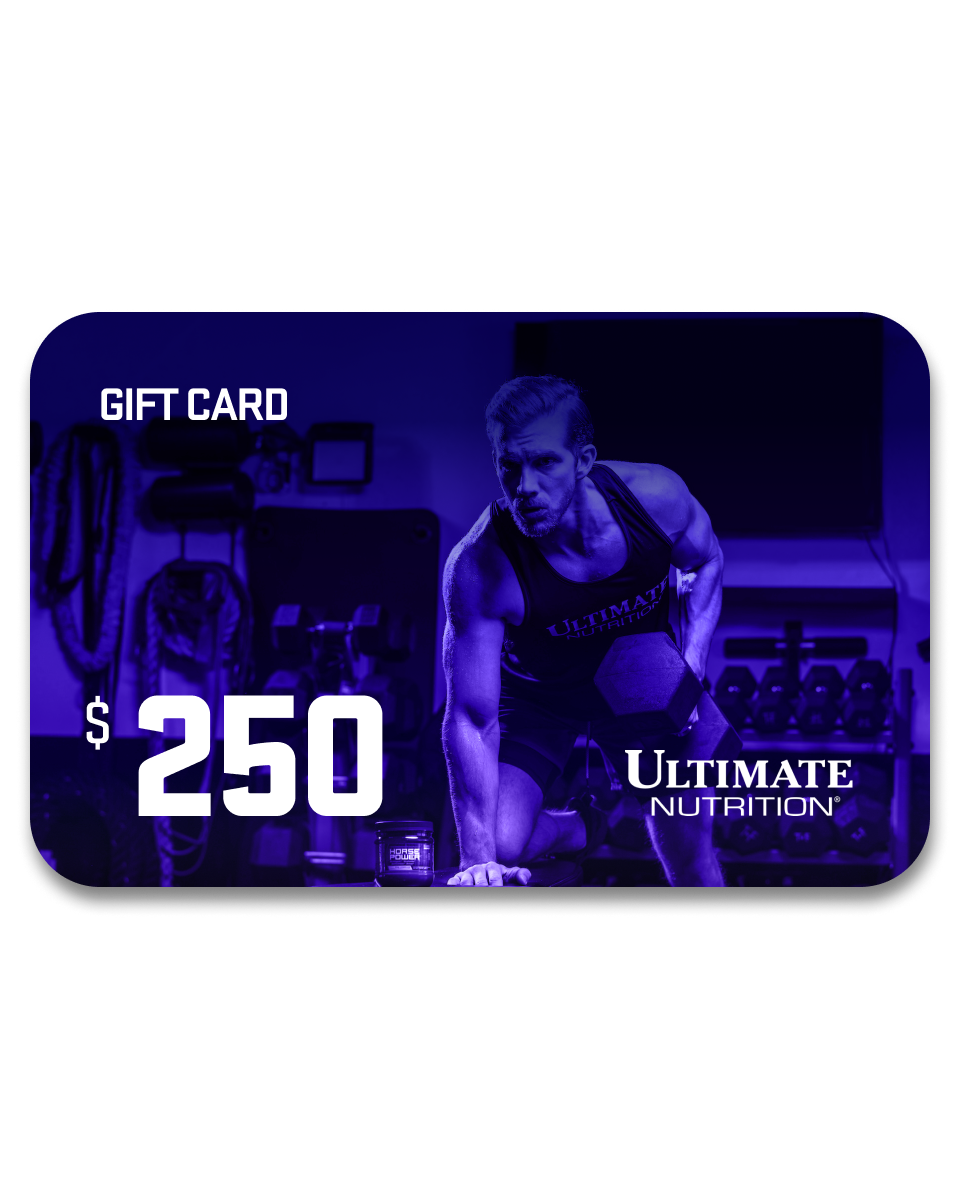
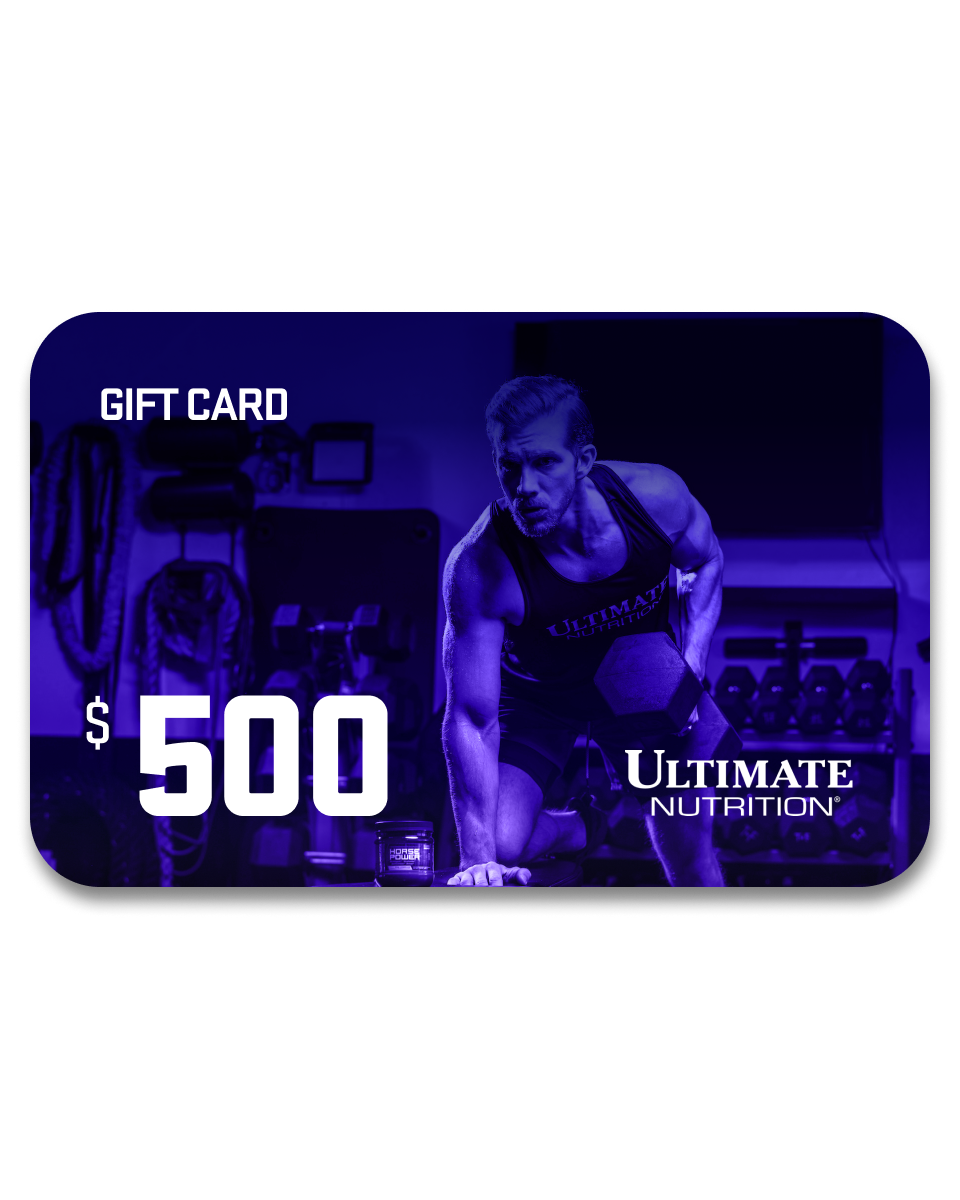
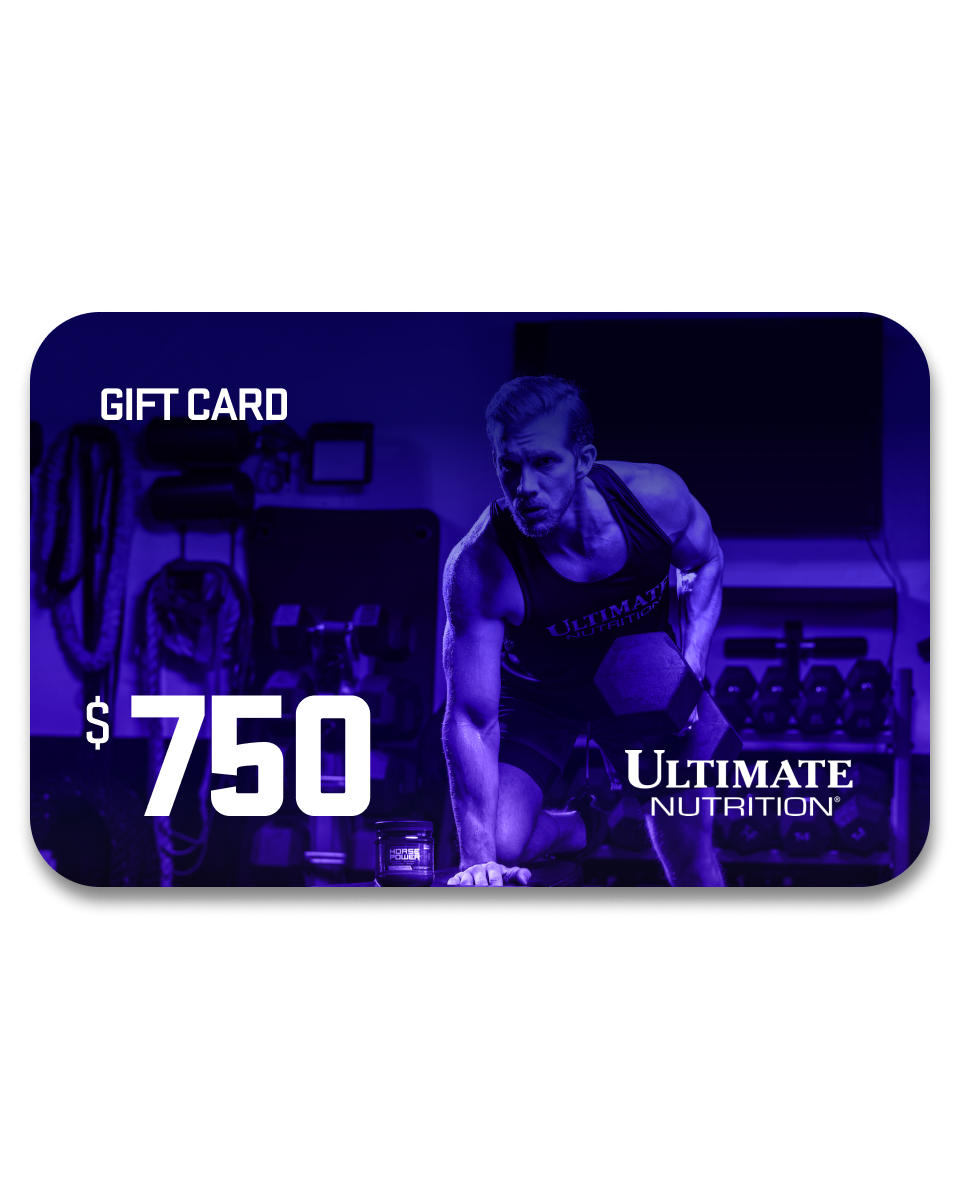
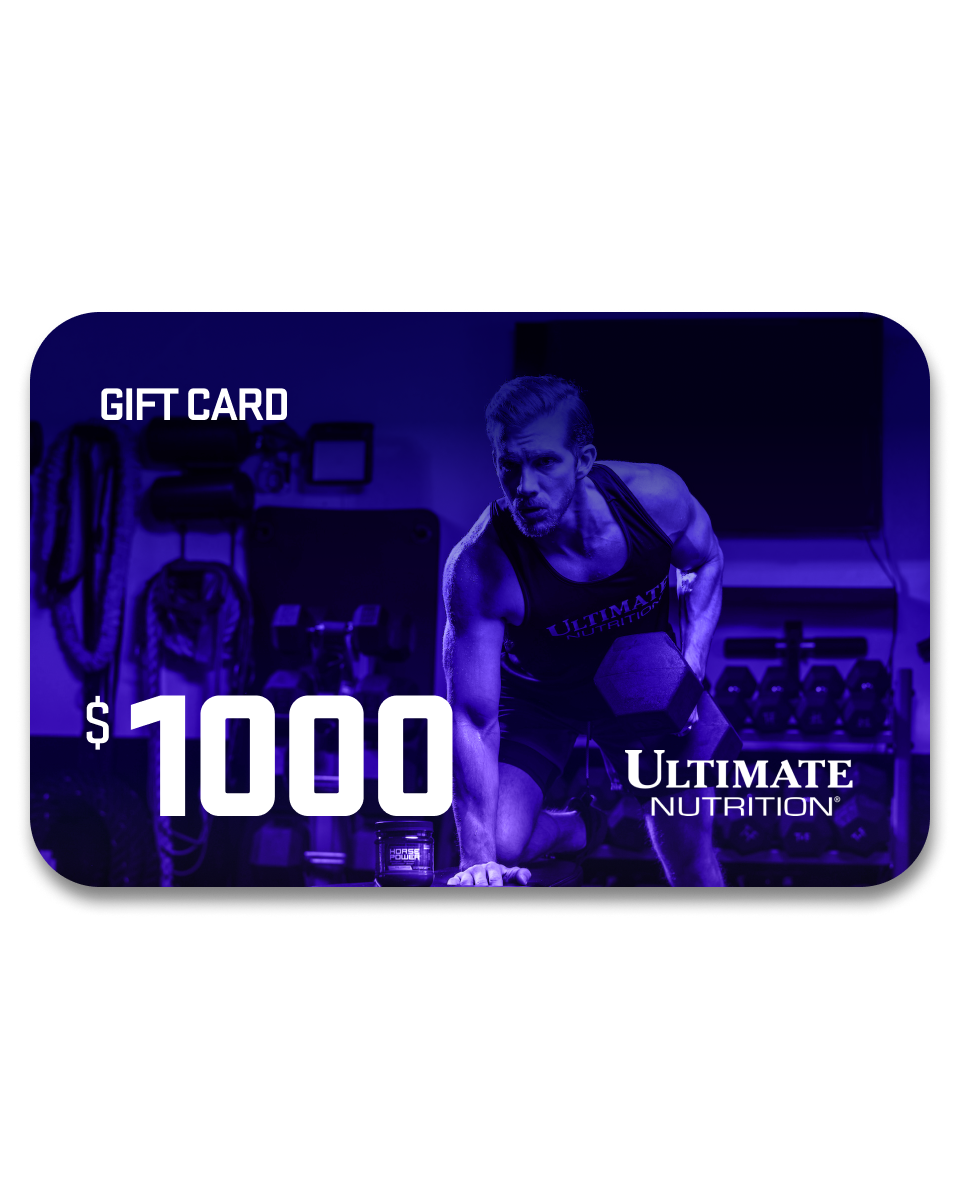



Comments
Thank you for the well written and insightful article. I especially appreciate that you mentioned the risks that come with over training and not having set goals, since both of these can lead to burnout, even on healthy habits like exercise! I look forward to learning more from you!
Nice
As someone who’s just started diving into the whole fitness thing at 40, this article has been a real gem. Having those “Solutions” right there is a game-changer for me – helps me nail down what’s tripping me up and how to actually tackle it. And can we talk about how they’re really hammering home the nutrition piece? Yeah, guilty as charged – that’s the area I seriously need to get my act together on. Thinking of grabbing some protein supplies to jumpstart my mission to drop over 100 pounds. I’ll make sure to keep ya’ll in the loop on how it’s going!